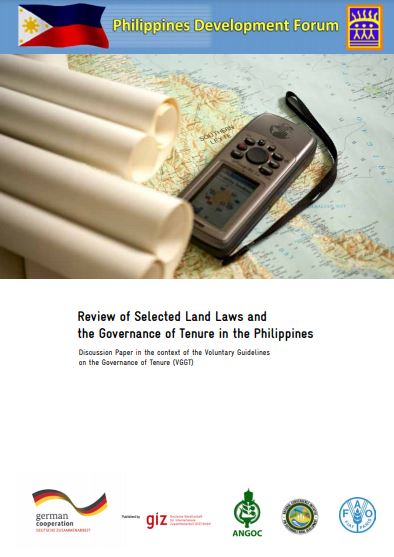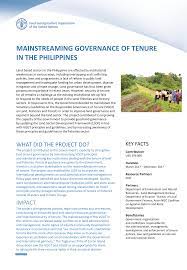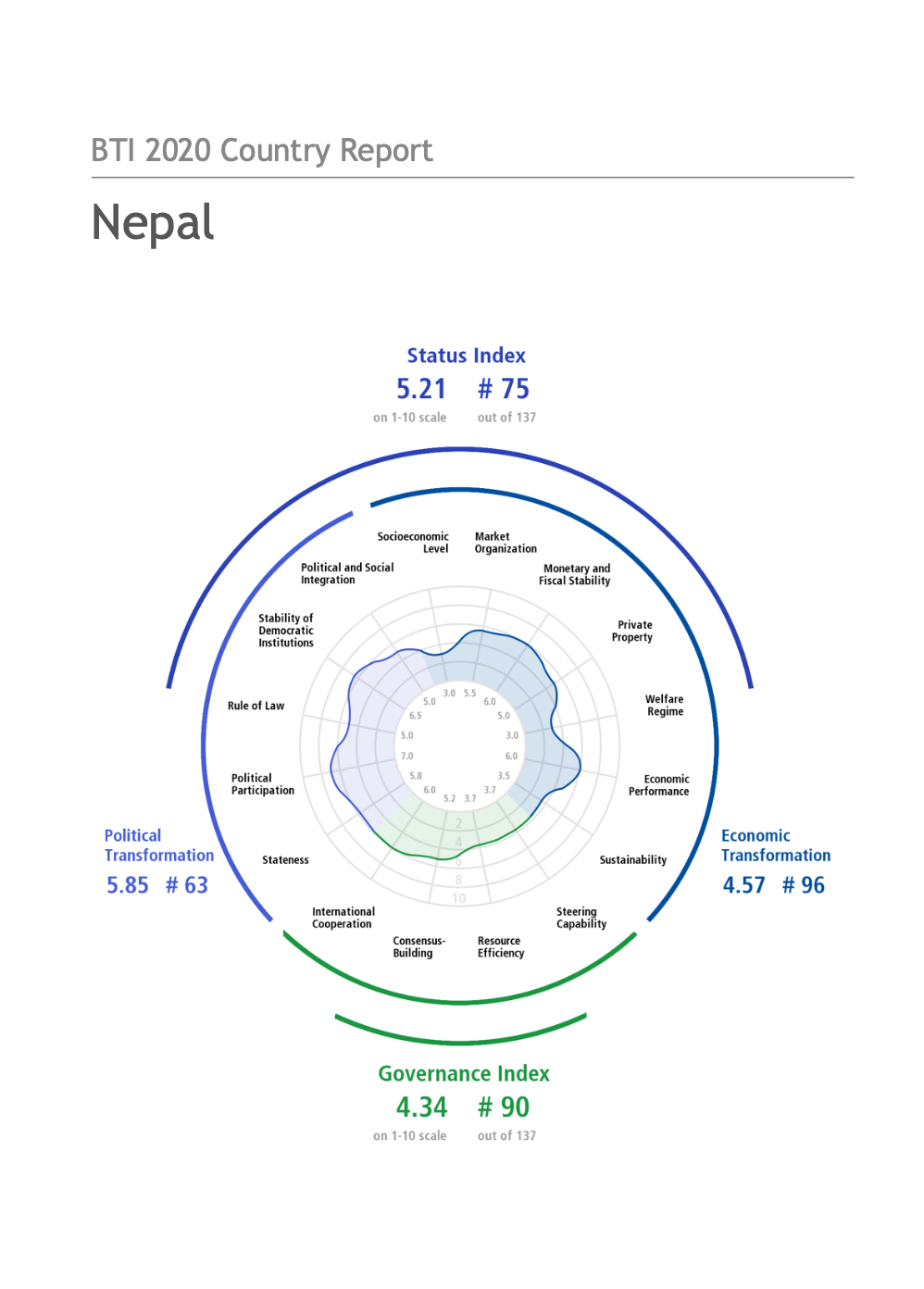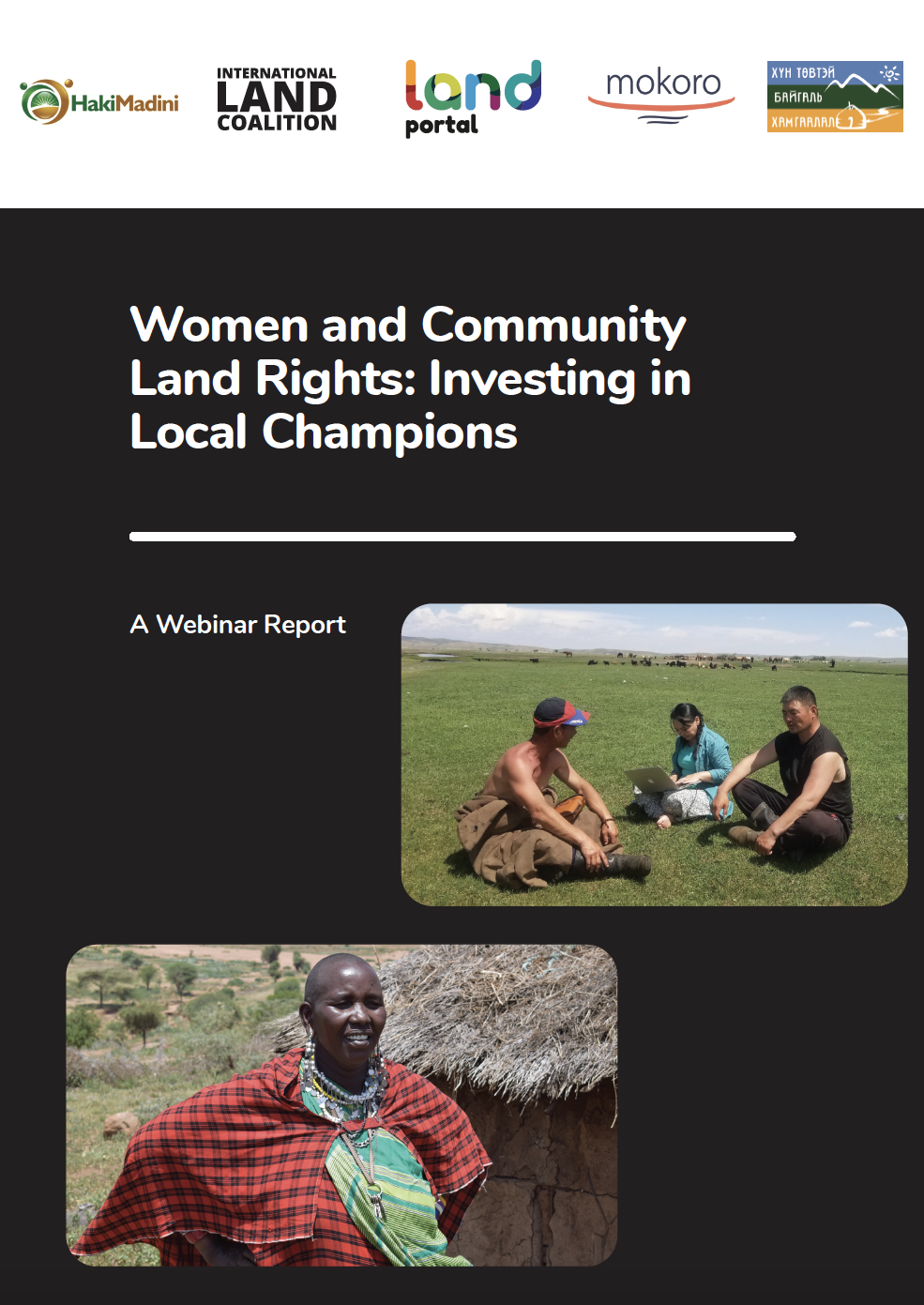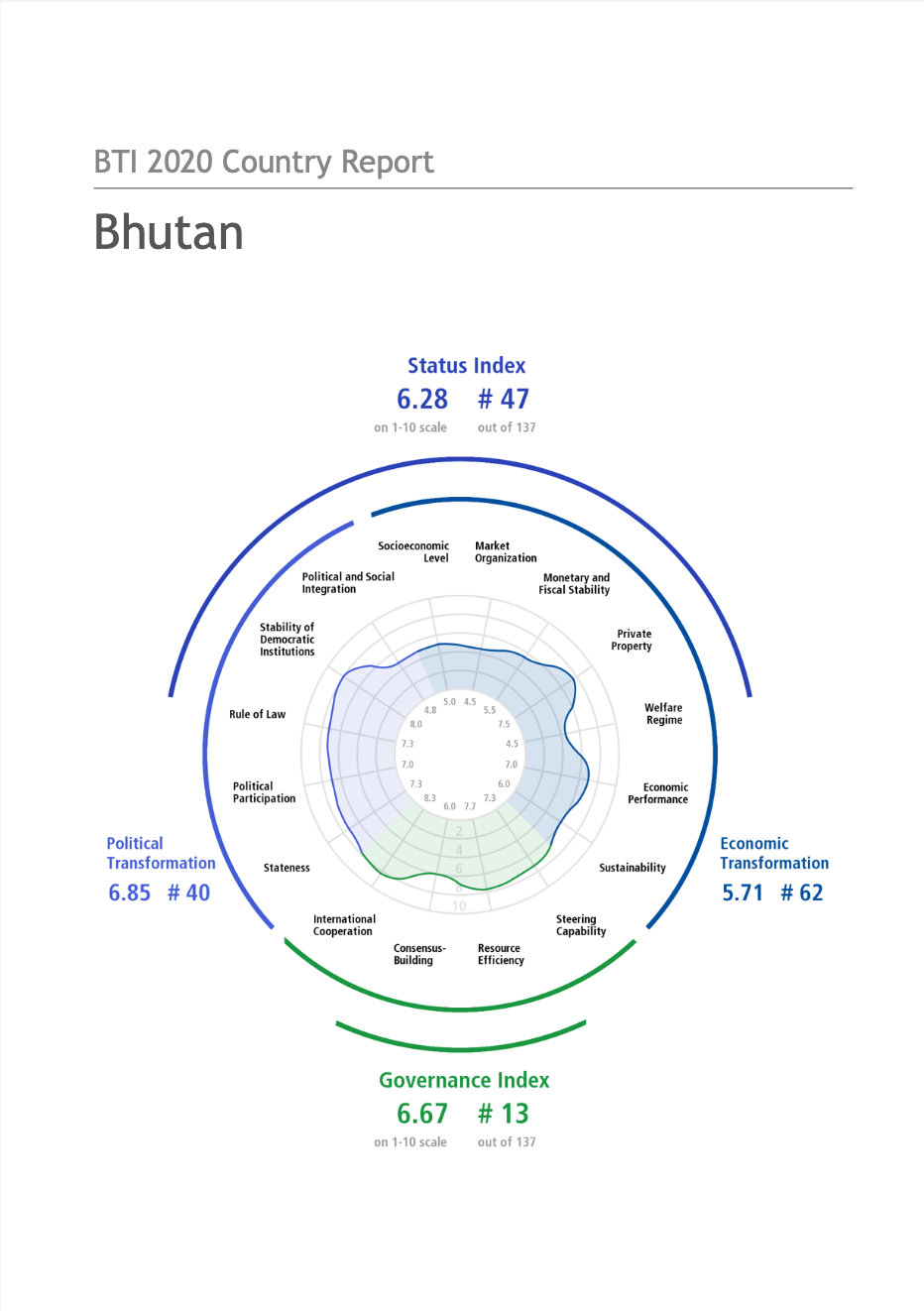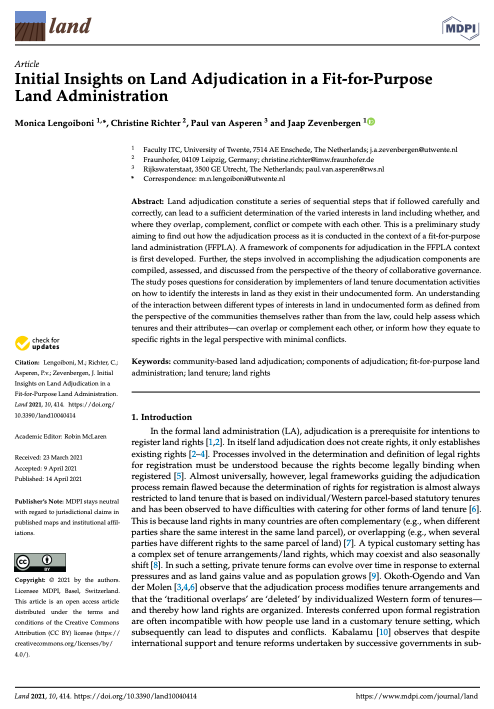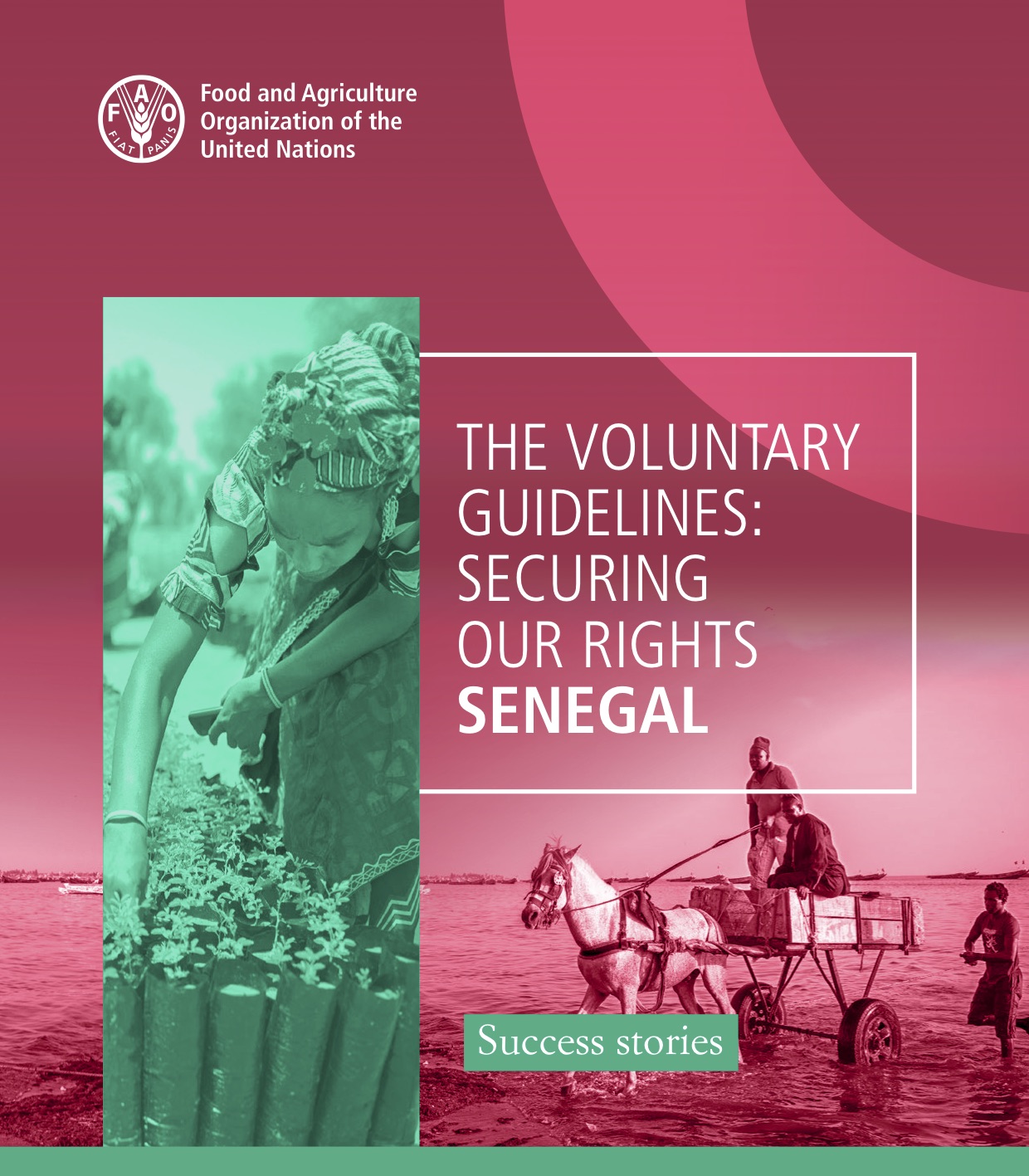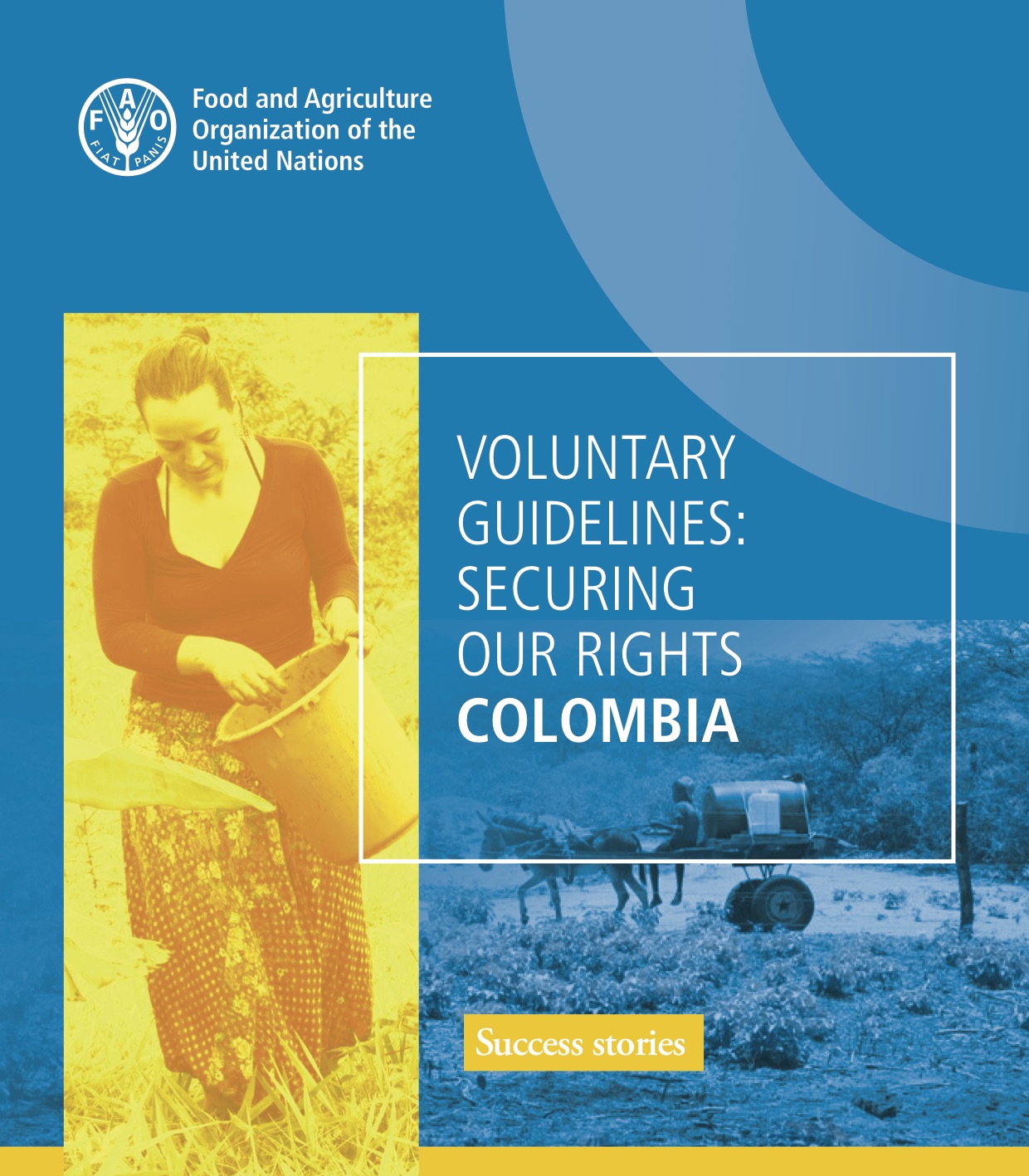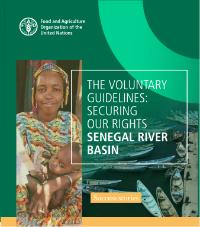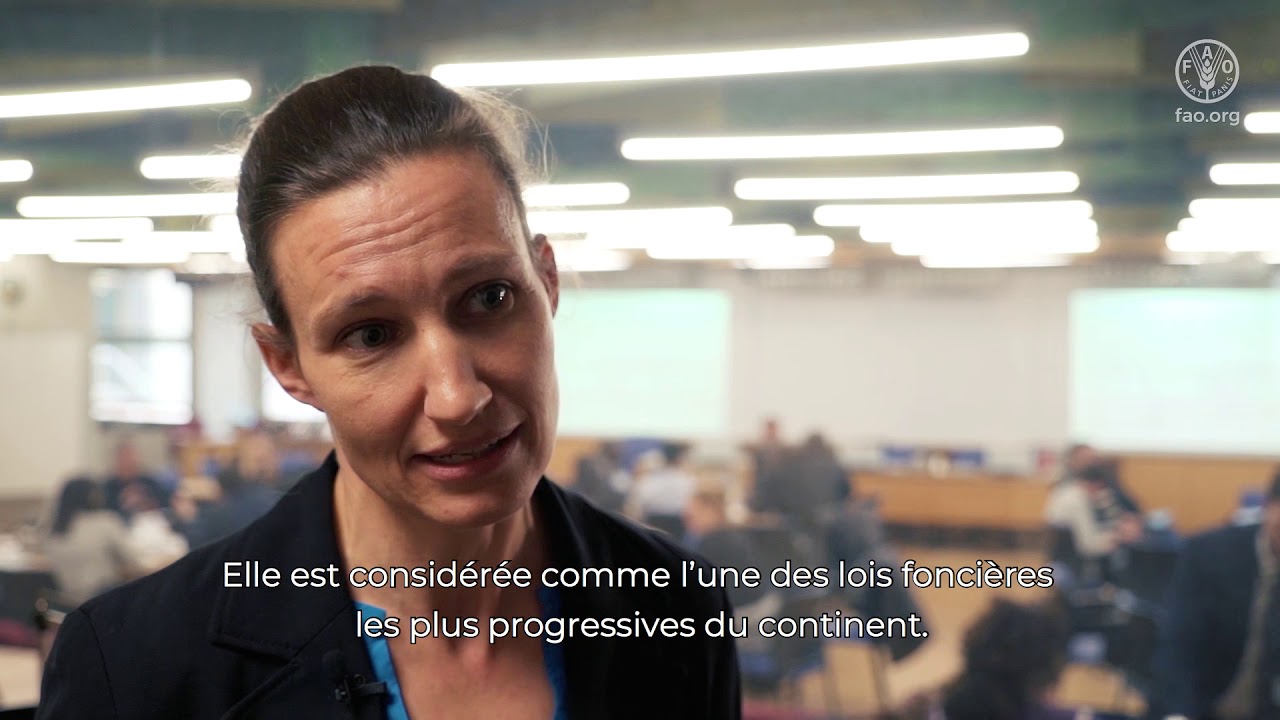Review of Selected Land Laws and the Governance of Tenure in the Philippines
This discussion paper on the “VGGT and National Policies on the Governance of Tenure”3
has
been commissioned by the Asian NGO Coalition (ANGOC) as a member of the Philippine
Development Forum – Working Group on Sustainable Rural Development (PDF-SRD).4 This
paper examines national policies as embodied in the 1987 Philippine Constitution and the
major land and natural resource laws passed by the Philippine legislature. This research is

